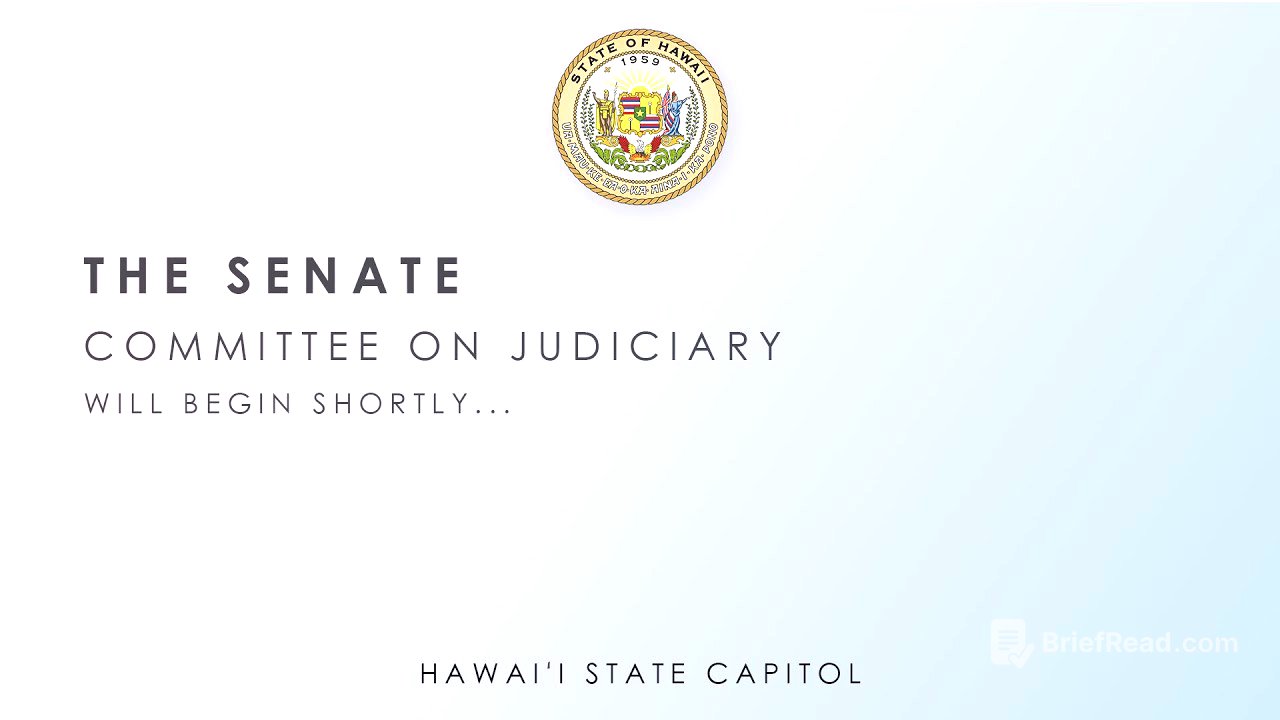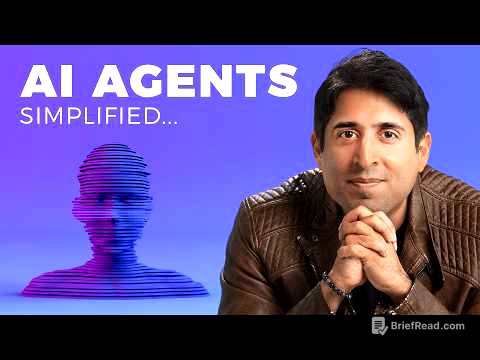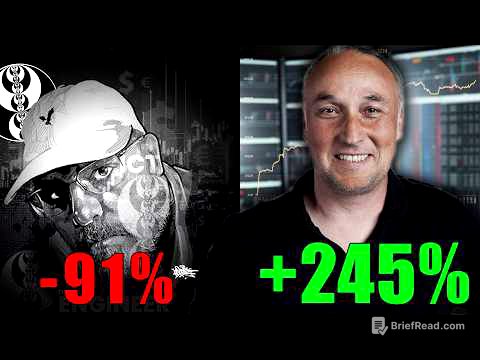TLDR;
This informational briefing by the Hawai'i State Senate Judiciary Committee, featuring Congressman Ed Case, addresses the critical importance of the rule of law in American democracy and examines potential threats to it. Case emphasizes that the rule of law is a durable system based on laws, institutions, norms, and community commitment, ensuring accountability, just law, open government, and impartial justice. He expresses concerns about actions taken by the Trump administration that he believes undermine the foundations of American governance. The discussion also covers the role of Congress, the judiciary, and the citizens in upholding the rule of law, and how recent federal actions are affecting Hawaii residents.
- The rule of law is essential for a functioning democracy, ensuring no one is above the law.
- Congressman Case raises concerns about the Trump administration's compliance with the rule of law.
- The briefing highlights the importance of citizen engagement and the role of elected officials in safeguarding the Constitution.
Introduction [13:59]
Senator Carl Rhodess, chair of the Judiciary Committee, introduces the informational briefing on the rule of law with Congressman Ed Case. The briefing is streamed live on YouTube, and materials are available on the legislature's website. Senator Rhodess defines the rule of law as a system of laws, institutions, norms, and community commitment that delivers accountability, just law, open government, and impartial justice. He emphasizes that no one in government should be above the law and stresses the importance of respecting the rule of law, referencing a quote from Justice Felix Frankfurter about the necessity of an independent judiciary for a free society.
Congressman Case on the Rule of Law [19:06]
Congressman Case thanks the committee for addressing the threat to the foundations of the country. He defines the rule of law as a durable system of laws, institutions, norms, and community commitment that delivers accountability, just law, open government, and accessible and impartial justice. He emphasizes the importance of a collective commitment to support the rule of law, regardless of the outcome, and highlights that it is not just about the Constitution or Congress, but about the norms of governance and community commitment. The rule of law starts with the Constitution, federal laws, and the separation of powers with checks and balances.
Role of a Congressman and What the Rule of Law is Not [24:22]
Congressman Case defines his role as supporting and defending the Constitution, formulating laws and policies, and acting as part of a separate, independent, and co-equal branch of government. His loyalty is to the Constitution, the country, and his constituents, not to any particular president. He clarifies that the rule of law is not about policy questions or whether one likes or dislikes a president, but about defending the foundations of the country.
Actions by the Trump Administration [27:07]
Congressman Case lists actions by the Trump administration that he believes erode the rule of law, including the destruction of federal agencies and funding already directed by law, withholding appropriated funds, removing inspectors general, firing federal officials from independent agencies, failing to comply with federal court orders, attacking the integrity of the federal courts, eroding the independence of the Department of Justice, removing dissenting opinions, and attempting to intimidate the press. He believes these actions are part of a coordinated effort to maximize power in the executive branch, eliminate dissent, and neuter Congress and the federal courts.
Checks and Balances and What People Can Do [36:36]
Congressman Case discusses the checks and balances in place to address these issues. He notes that Congress is supposed to be the main check and balance, but the current Republican majority has largely seated their constitutional duties to the president. The federal courts are currently the only real check and balance, with numerous lawsuits against the administration. Ultimately, the people have the power to vote and decide whether they approve of the direction the country is heading. He encourages people to talk about these issues, share their thoughts with elected officials, support national organizations opposing these actions, contact family and friends in other states, and ask themselves whether tearing at the foundations of the country is good for the long term.
Questions and Answers - Third Term for Trump and Political Violence [43:33]
Senator Chang asks about the chances of Trump running for a third term, to which Congressman Case responds that the chances are very low due to the lack of a plausible legal argument. He also addresses the issue of political violence, emphasizing the need to reject it and turn down the tone of political discourse.
Specific Laws to Combat Erosion of Rule of Law [49:32]
Senator Chang inquires about specific laws that could combat the erosion of the rule of law. Congressman Case suggests tightening ethics and financial interest laws for public officials, implementing a code of ethics for the Supreme Court, and addressing campaign spending issues like the Citizens United opinion. However, he believes the fundamental issue is the administration's attempt to erode areas that resist them, coupled with a compliant majority in Congress and a polarization of citizen commitment to the rule of law.
Impact on Hawaii and Federal Funding [52:35]
Senator Rhodess discusses how federal taxes from Hawaii are supposed to be spent according to laws, and asks about the process for money coming back to Hawaii. Congressman Case explains that Congress authorizes programs and appropriates money, which then flows through federal departments to state and county governments and private recipients. He notes that the president has withheld funds, leading to lawsuits. He mentions specific examples of cuts affecting Hawaii, such as natural resource protection, marine protection, Noah programs, and the Monoloa Observatory.
Independent Agencies and the Unitary Theory of the Executive [1:04:05]
Senator Rhodess raises the issue of independent federal agencies, such as the Federal Communications Commission, and President Trump's apparent determination to undermine their independence, possibly based on the unitary theory of the executive. Congressman Case affirms that all of this affects Hawaii and that the effects are still accelerating. He explains that the independence of agencies like the FCC is meant to insulate them from political manipulation, particularly regarding broadcast licenses and control of information flow.
Supreme Court and Departure from Precedent [1:08:27]
Senator Rhodess discusses the Supreme Court's frequent dismissal of precedent and how this plays into the rule of law. Congressman Case acknowledges the nuanced view needed, balancing stability with the ability to adapt to changing times. He expresses concern about an acceptance of an expansive view of executive power and a marginalization of legislative power, emphasizing the importance of maintaining the separation of powers envisioned by the founding fathers.









